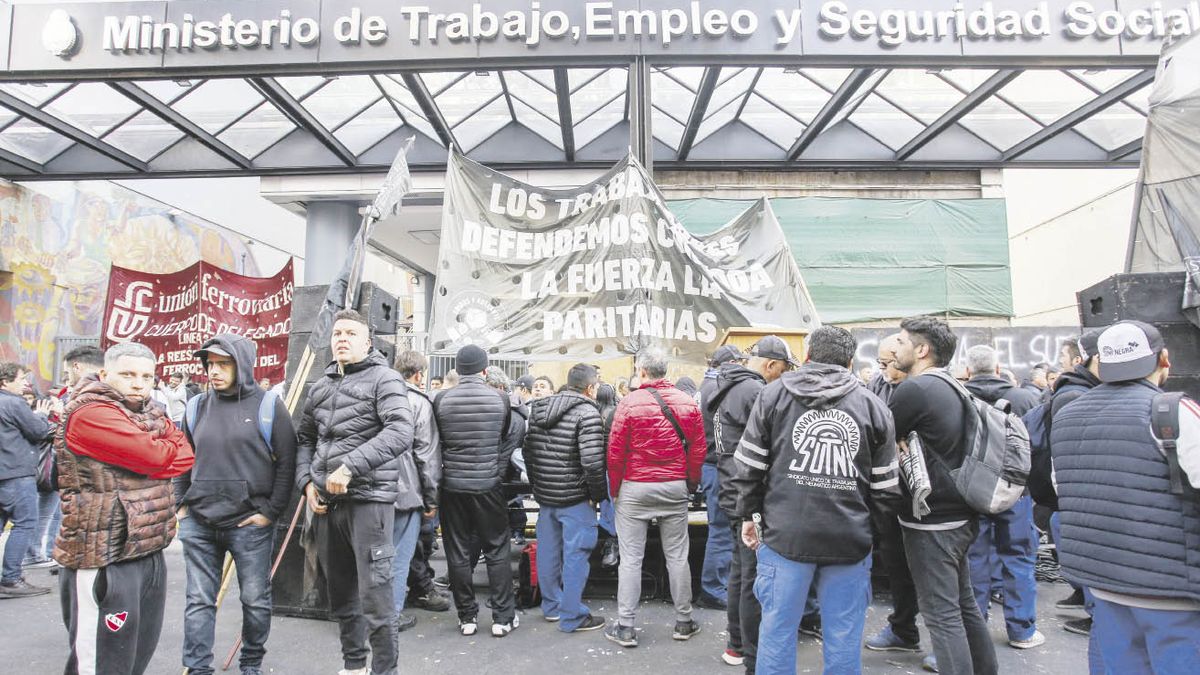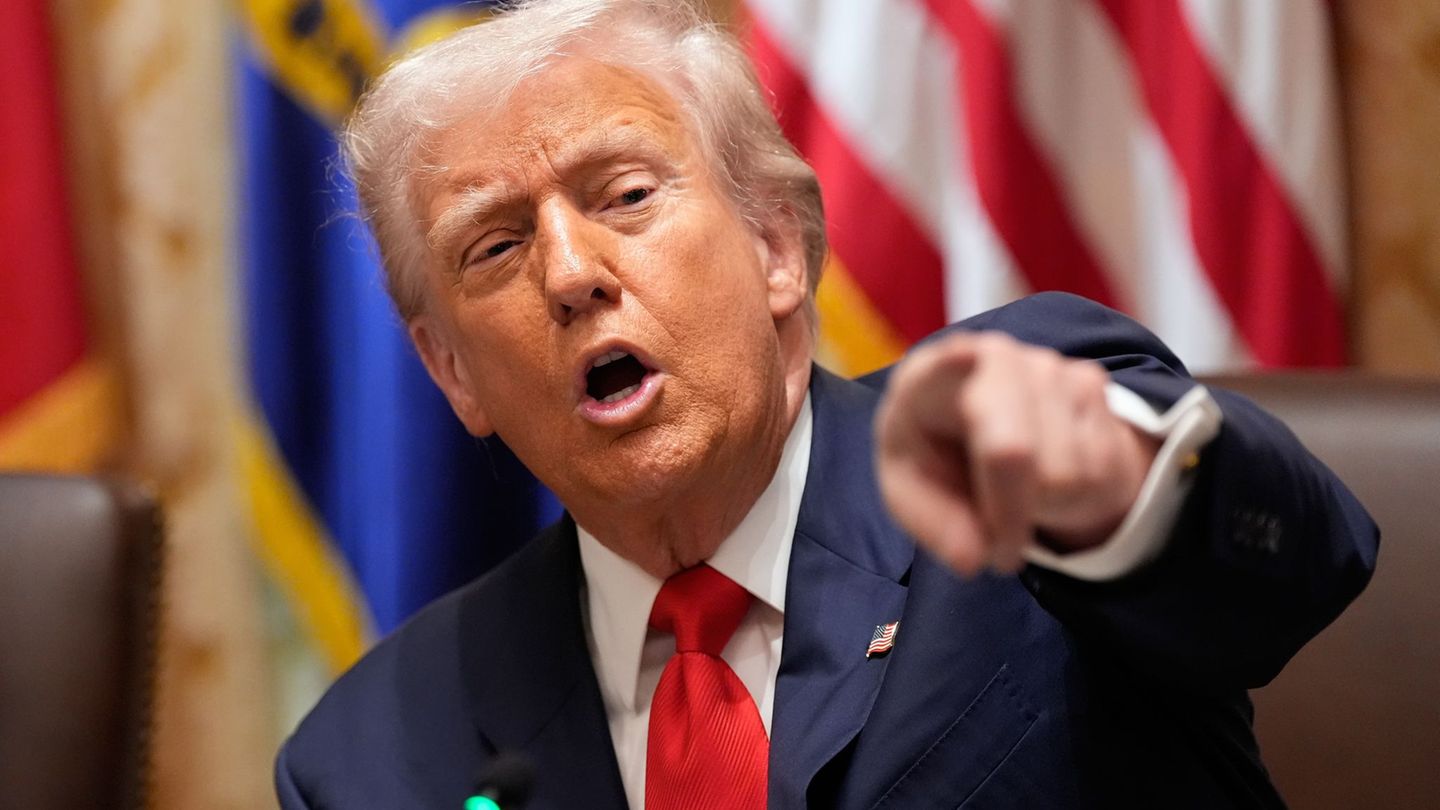The agreement was signed after a general assembly held by the union in the El Jagüel neighborhood. “This agreement guarantees to maintain the continuous ascending line of real improvements that will allow us to get out of the pit of the wage arrears”assured the union after the signing of the joint agreement.
Alejandro Crespo, head of SUTNA highlighted andl national impact of the salary proposal, surpassing all the agreements of the different unions. He also highlighted that the Sutna did not allow them to use the mandatory conciliation against the workers and the definition of carrying out the strike for an indefinite period of time, which precipitated the government having to dictate it and not being able to use it again.
Despite the fact that the previous parity expired on June 30, the talks for the period 2023-2024 they were extended by two months. Unlike other sectors, in this case, there is no negotiation by chamber, but proposals from each company, since each one has its own collective agreement.
Despite the fact that the previous parity expired on June 30, the negotiations for the period 2023-2024 two months were extended. Unlike other sectors, in this case, there is no negotiation by chamber, but proposals from each company, since each one has its own collective agreement.
tires.jpg
Tires: what salary proposal was agreed
The new proposal of the roofing companies in Argentina implied a 65% increase for the July-November period, while it also agreed to a trigger clause automatic updating that will allow the salaries of December, January and next February to increase according to Consumer’s price index of each month.
The new parity contemplates five increases:
- 25% in July
- another 15% in September
- 10% in October
- 15 percent in the penultimate month of the year.
In turn, it includes an additional 4% increase to be paid in March, as the base of the parity for the next period. An end-of-year bonus of $100,000 was also included.
Nevertheless, Bridgestone It is also the only tire factory in the country that pays its workers a superbonus for “profit sharing”. This is an agreement that was incorporated into the Collective Bargaining Agreement in the 2006/2007 period and establishes that every time the company’s profits exceed 6% of the net profit surplus free of taxes, it must be distributed among the workers. and allocate in equal proportion to market development and investment in equipment in Argentina.
The understanding was surprising because, Since the Ministry of Labor issued the mandatory conciliation on July 26, the companies in the sector (Bridgestone, Pirelli and Fate), have maintained an intransigent position and they barely improved the initial proposal by three points, taking it up to 70% until February with an initial increase of 18% for the month of July.
The union, for its part, had announced that it would not abandon its demand for a recomposition of the salary and was preparing to face a plan of struggle that would paralyze production while generating a crisis of political order weeks before the general elections.
The companies obviously convinced themselves that it would be best to avoid a conflict and grant a large part of the union claims. However, one of the companies, fate, He stated in the minutes that “he is not in a position to adhere to the salary proposal made by the companies Bridgestone and Pirelli” and although “he will make every effort to honor the fulfillment of the salary agreement that could eventually be achieved.
Source: Ambito




